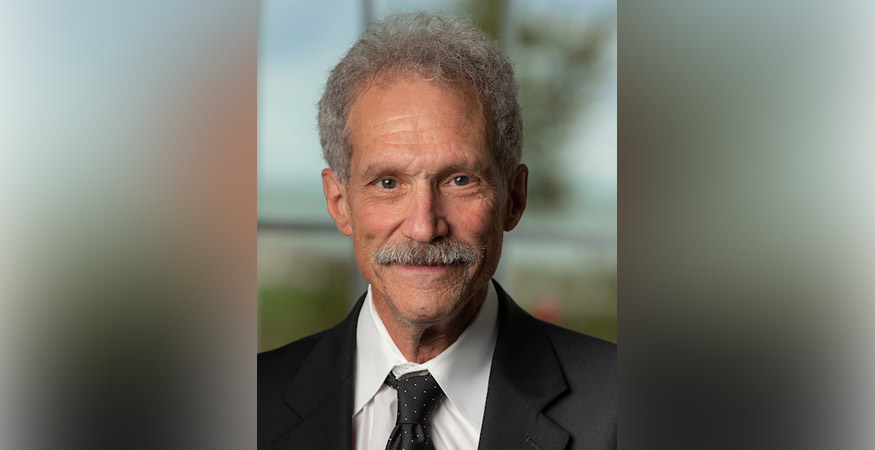Life means life, or not
By: GREGG HERMAN//May 16, 2024//

Before April 24, 2024, Roger G. Merry was a licensed lawyer in the State of Wisconsin despite numerous disciplinary actions. On that date, the Supreme Court finally decided enough is enough and revoked his license, overriding the recommendation of the referee who (amazingly) recommended a one year suspension. Disciplinary Proceedings Against Roger G. Merry, 2024 WI 16. In a concurring opinion, authored by Chief Justice Annette Ziegler, five justices (a majority of the court) agreed with the decision but discussed the meaning of revocation under Wisconsin law.
In this case, Merry committed two counts of professional misconduct involving publication of a book about a former client, which revealed confidential information that he used to her disadvantage. The Supreme Court found, “it is hard to imagine a more flagrant violation of [SCR] 20:1.9(c)(1) and (2) than an attorney attempting to both publicize and profit from his client’s confidences against the client’s express wishes, as Attorney Merry did here. Such actions destroy the trust that is vital to the client-lawyer relationship and erode public confidence in the integrity of the legal profession.”
This violation, as serious as it was, probably wouldn’t have resulted in a revocation in and of itself. However, Merry had a long record of unethical behavior, including private reprimands in 1990 and 1994 and public reprimands in 1993, 1999 and 2008, most of which entailed multiple counts of misconduct. He also hadn’t bothered to pay his Wisconsin State Bar dues or file a trust account certification. As a result, the court didn’t follow the referee’s recommendation but rather revoked Merry’s license.
Justice Ziegler’s concurrence pointed out that, in Wisconsin, the “revocation” of an attorney’s law license isn’t permanent because the attorney may petition for reinstatement after five years. See SCR 22.29(2). Essentially, therefore, a revocation is actually a five-year suspension. Justice Ziegler stated: “I believe that when it comes to lawyer discipline, courts should say what they mean and mean what they say. We should not be creating false perceptions to both the public and to the lawyer seeking to practice law again. I believe there may be rare and unusual cases that would warrant the permanent revocation of an attorney’s license to practice law.”
Having served for many years as counsel for the Office of Lawyer Regulation (and before that, the Board of Attorneys Professional Responsibility), Justice Ziegler’s comments are precisely on target. Most of the disciplinary cases that I handled involved victims of the lawyer’s conduct. For a suspension, it’s easy to explain its meaning and ramifications. However, as Justice Ziegler’s says, it’s not so easy to explain how a revoked lawyer can practice law again in the future.
The criminal system resolved this discrepancy a number of years ago by allowing judges to order a life sentence without the possibility of parole in certain aggravated instances.
While I’m not sure of how “rare and unusual” these cases are, the disciplinary code certainly should contain a provision where the referee can impose, and the court can make, a “life means life” order.
One example of such a case is the long and ugly disciplinary history of Attorney Alan Eisenberg, which began with a suspension for blackmailing a judge resulting in his suicide (no, I’m not making that up; State v. Eisenberg, 48 Wis.2d 364, 180 N.W.2d 529 (1970)) and continued pretty much throughout his career in various disciplinary actions. Yet he continued to seek reinstatement (at least once successfully). As with criminal cases, the court should have the authority in certain aggravated cases to mean what they say.
While talking about potential changes to the lawyer disciplinary system, allow me to make one another suggestion and comment about the case. As a retained counsel for OLR and its predecessor for many years, I often found the length of time between the filing of a complaint and the final order disturbing. In Merry, for example, the complaint was filed on January 6, 2022, so it took over two years to complete the disciplinary process.
This isn’t unusual for disciplinary proceedings – some can take far longer. While the action is pending, in most cases, the attorney can continue to practice law. As stated earlier, most of the disciplinary cases that I handled involved victims, and apologizing for the delays was a standard part of my job.
The saying “justice delayed is justice denied” applies in disciplinary cases just as it does elsewhere.
Legal News
- Wisconsin Supreme Court to consider whether 175-year-old law bans abortion
- Wisconsin man facing bestiality and felony bail jumping charges
- Waukesha County woman indicted in National Health Care Fraud Law Enforcement Action
- Man sentenced to 15 months for fraud involving luxury vehicles
- Wisconsin Department of Justice Fire Marshal investigating fire that killed six
- Ozaukee County first responders save family of three, father and son on Milwaukee River
- Supreme Court sends Trump immunity case back to lower court, dimming chance of trial before election
- Brewers have American Family Field escalators inspected after malfunction results in 11 injuries
- US wants Boeing to plead guilty to fraud over fatal crashes, lawyers say
- GOP lawmakers in Wisconsin appeal ruling allowing disabled people to obtain ballots electronically
- 11 people injured when escalator malfunctions at Milwaukee ballpark
- Judge receives ethics fine after endorsing candidate
Case Digests
- Termination of Parental Rights
- First Amendment Rights
- Termination of Parental Rights
- Late Filing
- Real Estate-Attorney Fees
- Ineffective Assistance of Counsel
- Variance-Interpretation of Zoning Ordinances
- Sentencing
- Fourteenth Amendment’s Due Process Clause-Jury Instructions
- Unlawful Collection Practices-Evidence
- Sentencing-Vindictiveness
- Prisoner Grievances-Exhaustion of Administrative Remedies











